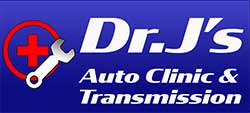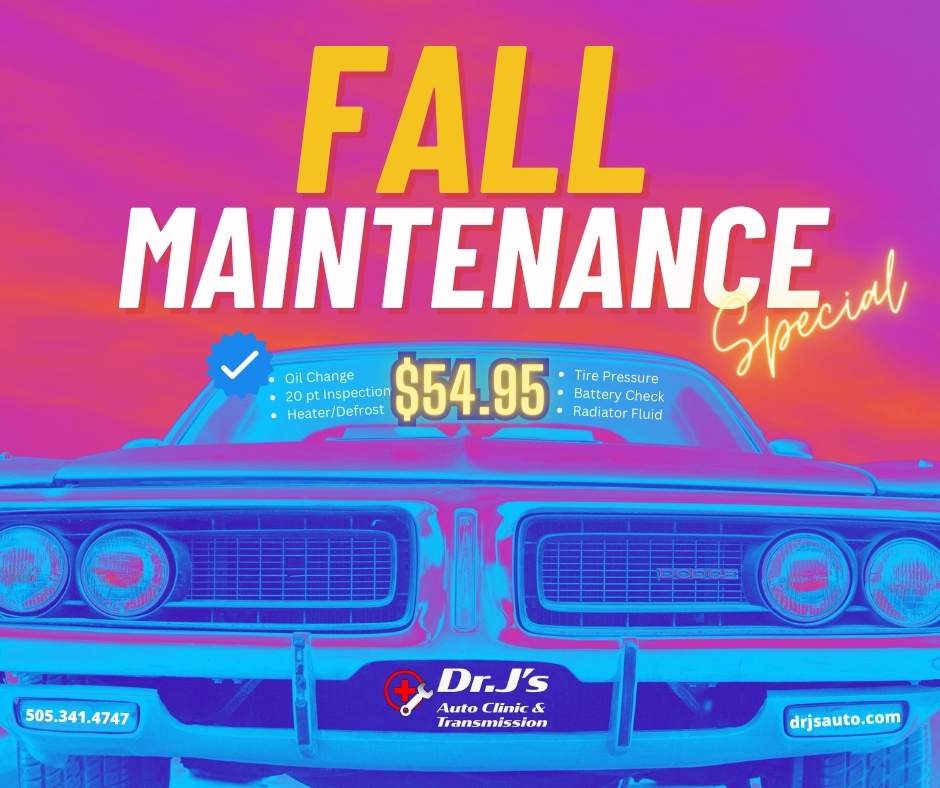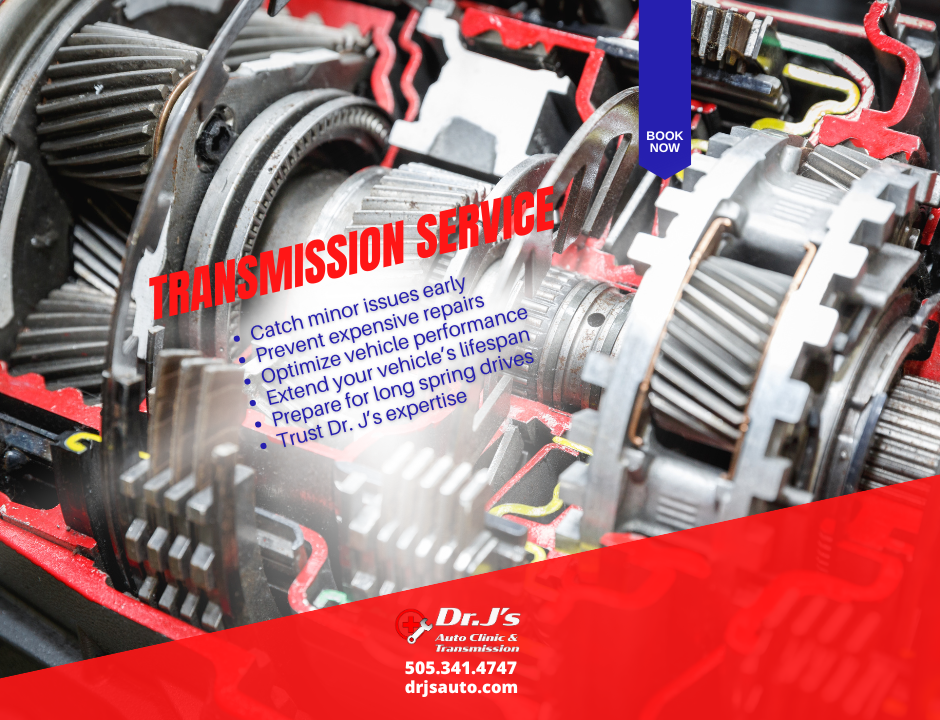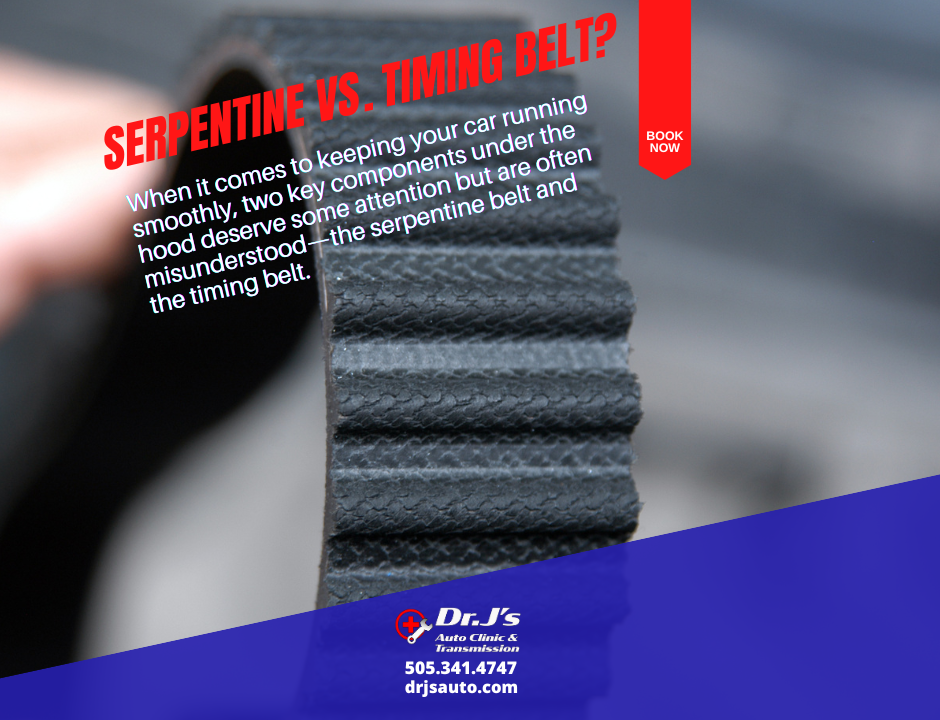
Get Your Vehicle Ready for Fall with Dr. J’s Auto Clinic
September 26, 2024
Navigating Transmission Troubles: What You Need to Know
October 17, 2024At Dr. J’s Auto Clinic, we often emphasize the importance of maintaining all aspects of your vehicle, but today we’re focusing on two systems that are crucial for your safety: the suspension and brakes. These systems work in tandem to ensure your vehicle stops efficiently and safely. Understanding how they interact can help you recognize signs of wear and when it’s time to bring your car to us for a professional check.
The Role of the Suspension System
Your vehicle’s suspension system is designed to maximize friction between the tires and the road surface, ensuring stability and handling comfort. It includes components like shocks, struts, and springs, which absorb the energy from road bumps and maintain tire contact with the road. A well-maintained suspension system allows for smooth steering and controlled stops even on uneven surfaces.
The Function of Your Brake System
The brake system, on the other hand, is responsible for slowing down or stopping your vehicle. It includes parts like brake pads, rotors, calipers, and brake fluid. When you press the brake pedal, the system generates hydraulic pressure, causing the brake pads to clamp down on the rotors, effectively slowing your car. The efficiency of this system is crucial for safe driving.
How Suspension and Brakes Work Together
These two systems must operate in harmony for optimal vehicle safety. When you apply the brakes, the suspension system stabilizes the car, preventing it from nose-diving, which can lead to longer stopping distances and reduced control. Poor suspension performance can lead to uneven tire wear and increased stopping distance, while faulty brakes can exacerbate suspension strain.
Signs Your Suspension or Brakes May Need Attention
- For the Suspension:
- Feeling every bump and dip in the road.
- The vehicle pulling to one side.
- Unusual noises like squeaking or knocking.
- Uneven tire wear.
- For the Brakes:
- Squealing or grinding noises when braking.
- A spongy or hard brake pedal.
- Vibrations when stopping.
- The vehicle takes longer to stop.
Tips for Maintaining Your Suspension and Brake Systems
- Regular Inspections: Schedule regular check-ups at Dr. J’s Auto Clinic to inspect both systems. Our experts can identify issues before they turn into costly repairs.
- Monitor Brake Fluid: Ensure your brake fluid is at the right level and replace it as recommended to maintain optimal brake performance.
- Check Tire Pressure and Alignment: Proper tire pressure and alignment can extend the life of your suspension system and improve braking efficiency.
- Listen to Your Vehicle: Pay attention to unusual sounds or changes in vehicle handling and have them checked promptly.
At Dr. J’s Auto Clinic, we’re dedicated to keeping your vehicle safe and roadworthy. If you notice any signs of trouble with your suspension or brakes, don’t hesitate to schedule a diagnostic appointment with our experienced technicians. Regular maintenance is key, and we’re here to ensure your vehicle receives the care it needs. Visit us today and keep your journey smooth and safe!




